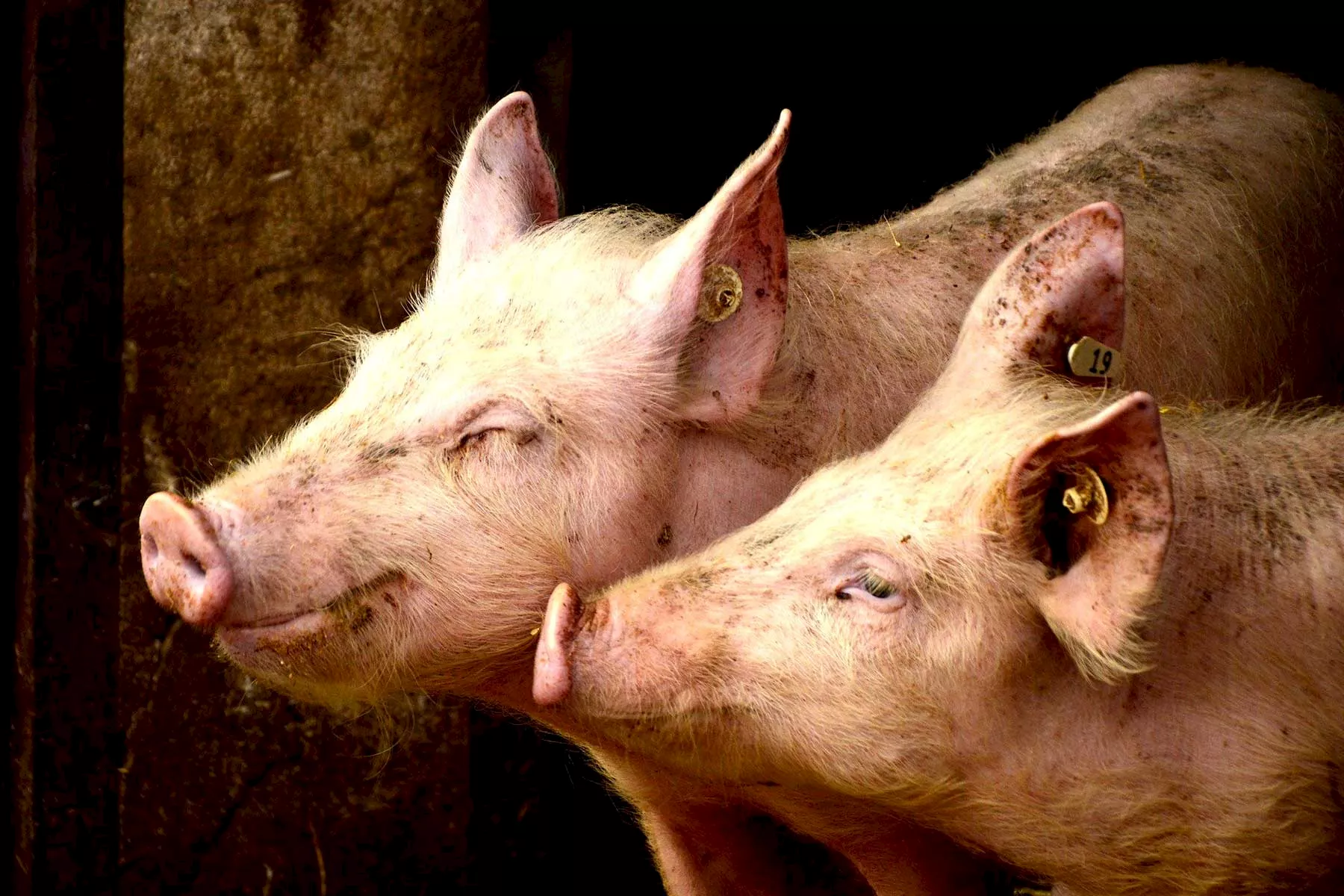

Phytobiotics recently participated in the XIII International Congress «Profitable Pig Production» in Ukraine and reported on the use of isoquinoline alkaloids to ameliorate the effects of stress in swine operations.
Phytobiotics’ expert Valeria Artuso-Ponte DVM, PhD presented the latest findings in her lecture: „Novel strategies for stress mitigation in pigs”.
Modern animal production systems expose animals to several potential stressors, including handling, overcrowding, feed or water deprivation, heat stress, and transportation. These environmental and managerial factors can lead to changes in the animal homeostasis and detriment to animal growth performance.
Stress can impair the intestinal barrier function due to inflammation. Also, stress can negatively influence the immune function. Therefore, several strategies have been evaluated to ameliorate the effects of stress on growth performance and health in swine operations.
Among other nutritional strategies, the use of isoquinoline alkaloids (IQ) has been extensively investigated due to their well-known anti-inflammatory properties. IQ supplementation has demonstrated to improve the intestinal barrier function by increasing the expression of tight junction proteins and reducing intestinal permeability. Moreover, IQ supplementation decreased cortisol levels in pigs under transportation stress conditions, which was correlated with a lower Salmonella shedding. Furthermore, IQ-supplemented sows have exhibited lower cortisol levels at farrowing, which indicates a lower impact of stress and better lactation performance. Finally, IQ supplementation reduced weaning stress and improved the physiological response to heat stress in growing pigs.
Contact our experts or send us a message. We will contact you as soon as possible.